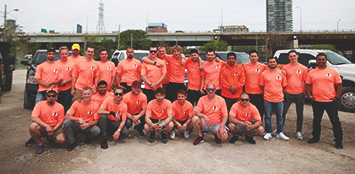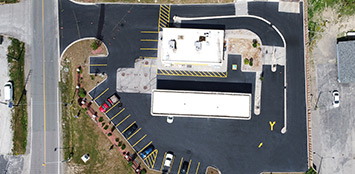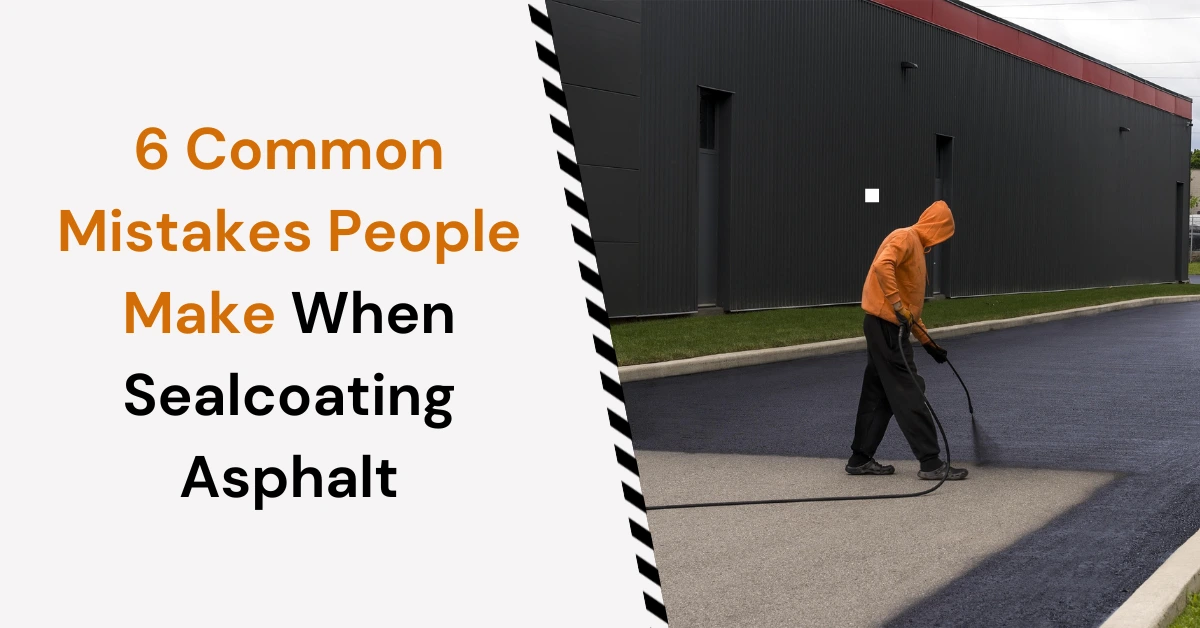If you are a home or business owner with large parking lots to maintain and are considering ways through which you can cut your maintenance cost, then taking the DIY asphalt seal coating route may seem inviting at first. This seems pretty straightforward, saving a few bucks by slapping on some sort of protection layer over the surface. The reality is quite different: seal coating involves so much more than just laying a protective layer over the surface. You can fall prey to expensive mistakes that also cost in wasted time, without the right methods, tools, and timing. Poor application without expert asphalt sealcoating guidance can leave your surface unprotected, which can result in quicker deterioration, cracks, and even costly repairs.
So, what are some common mistakes people make when trying to sealcoat their parking lots themselves? Here is all you need to know to avoid common pitfalls and ensure a long-lasting result.
1. Inadequate Surface Preparation
One of the most common mistakes is skipping proper surface preparation. The asphalt surface should be cleaned of dirt, oil, and other debris before applying the sealant. If the surface does not come clean, the sealant will not adhere correctly, which causes uneven coverage and, eventually a cracked asphalt which would require filling up. Consider hiring professionals with commercial-grade cleaning equipment to get the surface optimum before sealcoating.

2. Over/Under Applying Sealant
While it might sound like more sealant would be better for protection, it simply is not true. Instead, over-application of sealant causes cracking and peeling, which reduces the lifetime of your sealcoat. While too little will not provide adequate protection. Instead, applications of measured quantity and even layers of sealant provide curing for long-lasting durability.
3. Using the Wrong Sealant
Different types of sealants are manufactured for use in various weather conditions or on different asphalt surfaces. Using the wrong product, for instance, applying a sealant that does not suit the weather conditions your area is experiencing will ensure poor adhesion and rapid deterioration. Coal-tar-based sealers work best in cold weather conditions, while asphalt-based sealers work better in hot areas. Professionals ensure that the exact sealant is used according to your property needs.
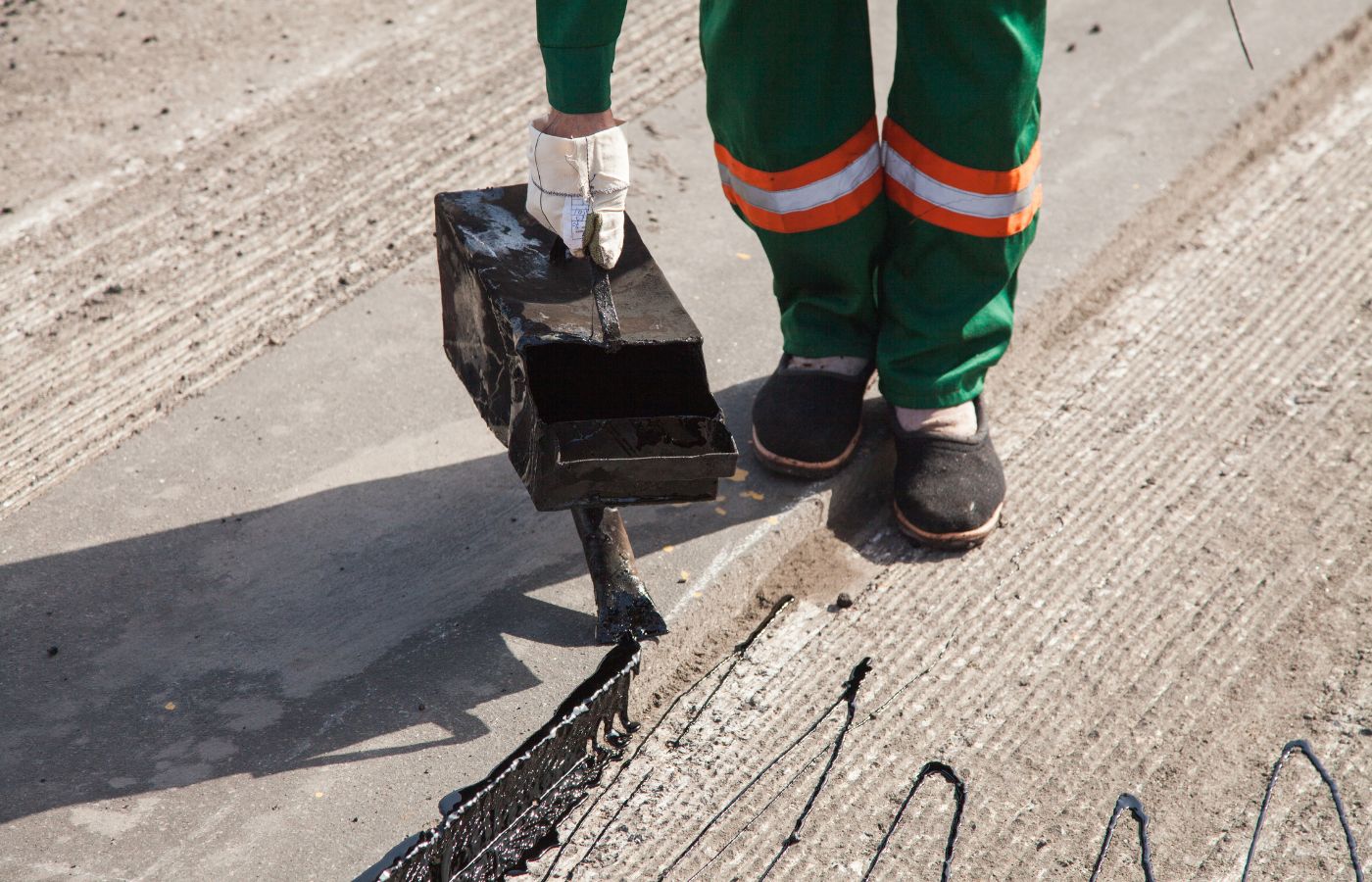
4. Not Considering the Weather
Weather is an important factor in sealcoating. Rainy conditions, high temperatures, and very low temperatures will make it impossible to get the sealant to cure well. The ideal time for sealcoating is when the temperature is between 50°F and 85°F with no expectation of rain within 24 hours. Experts can help execute such scheduling in advance so that you can plan when the conditions are right, which ultimately means avoiding expensive rework.
5. Unprepared crack and pothole repair
It is important to remember that sealcoating is not a fix for existing damage in the form of cracks or potholes. Merely overlaying sealant on top of these issues will only cosmetically cover the damage until the water can work its way beneath it and further deteriorate the damage. For this reason, pros will recommend fixing these problems before sealcoating. Preparation is key, and our asphalt sealing projects provide a great example of this.
6. Drying under Compulsion
Allow time for the surface to dry out after sealing, if that is what is needed. Too many people get onto the freshly sealed surface to drive on it too quickly; this causes the seal coat to be destroyed and damage to occur. Most of the time, the sealant needs a minimum of 24 hours to cure. If this is rushed, then it will result in uneven wear on the sealant. Block off the area for the full drying period.
Importance of Asphalt Sealcoating
Sealcoating puts an additional layer above the asphalt, which aids in protecting it from UV rays, water, and other chemicals such as gasoline and oil, which break it down over time. On the other hand, regular sealcoating and quality asphalt paving can give it a smooth, black finish; add curb appeal; and provide a safe, durable driving surface.
Despite this importance, many DIYers and even some contractors make critical mistakes in the process that result in early wear and very expensive repairs down the line.
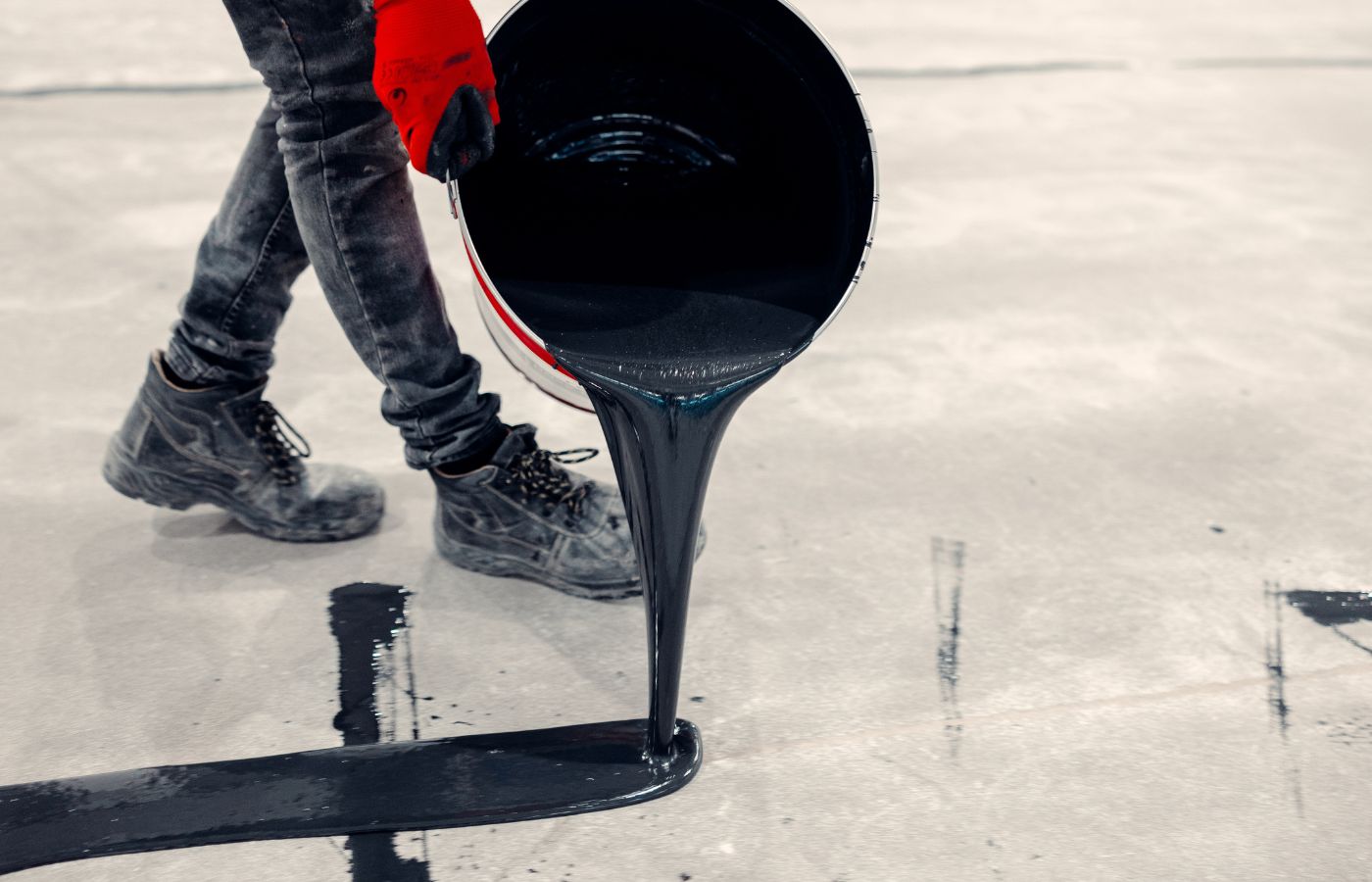
Why You Should Choose Expert Asphalt Sealcoating Services
The temptation to do things yourself can be very strong. However, you derive many benefits from professional asphalt sealcoating. Here’s why you should leave it to the experts:
- Experience: Professionals have ample experience in dealing with a variety of asphalt issues and know how to avoid common mistakes. We prepare the surface for cleaning, repair, and sealing to make sure it will last.
- High-quality materials: Professionals make use of industrial-quality sealers and tools that a majority of DIYers have no access to. These materials provide superior adhesion and durability in protecting the asphalt surface.
- Efficiency: Professionals can work on asphalt, completing projects much quicker by using proper techniques of application. We understand the weather conditions when it is most appropriate to work. Following are some of the projects successfully executed by Asphalt Sealing. A professional job means a high-quality, long-lasting surface: from resurfacing parking lots to repairing residential driveways, their experience speaks for itself.
Ready to Protect Your Asphalt?
For a flawless finish and maximum durability of your property, it’s best to rely on experienced professionals for your sealcoating needs. With over 70 years of combined experience in the industry, Asphalt Sealing uses only the best materials for quality application that lasts. Call us today to schedule your sealcoating service and keep your asphalt looking and performing its best for years to come!

